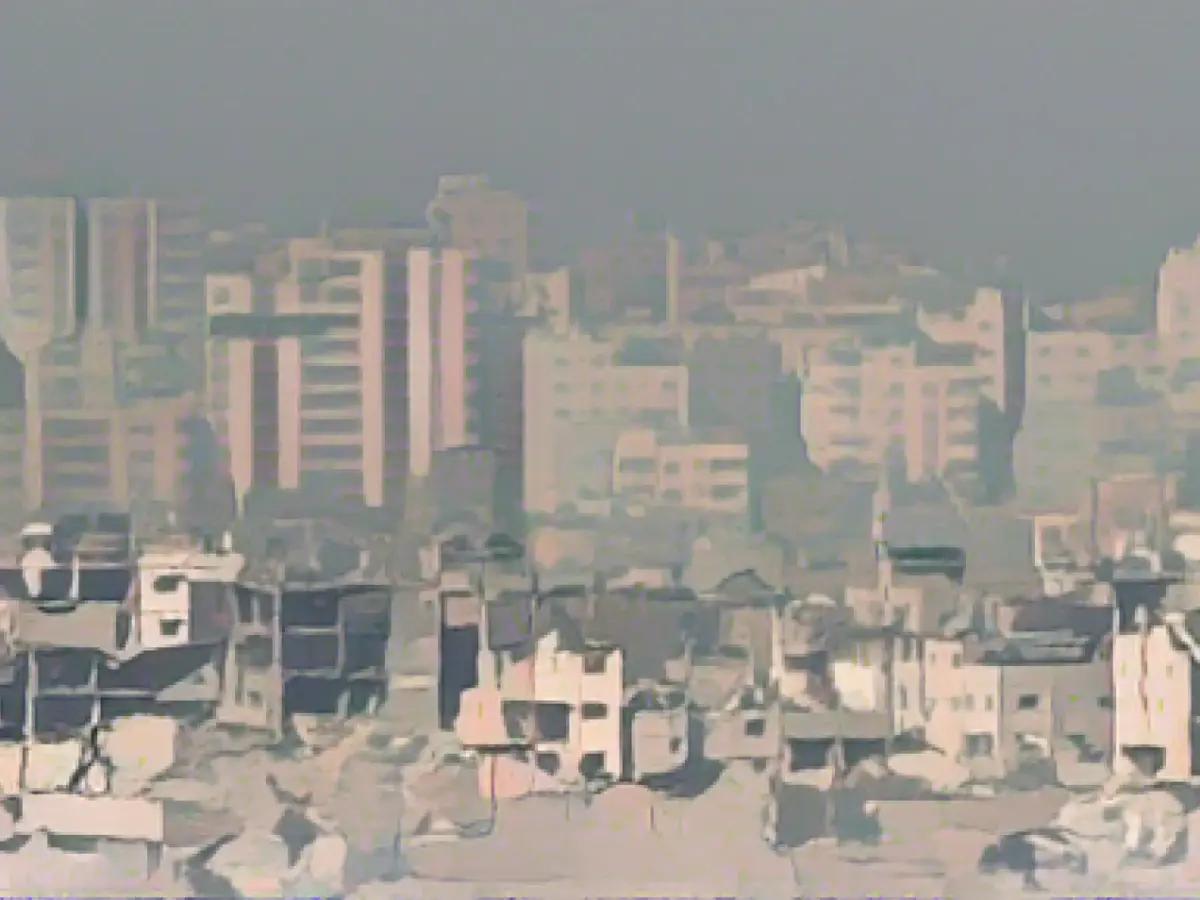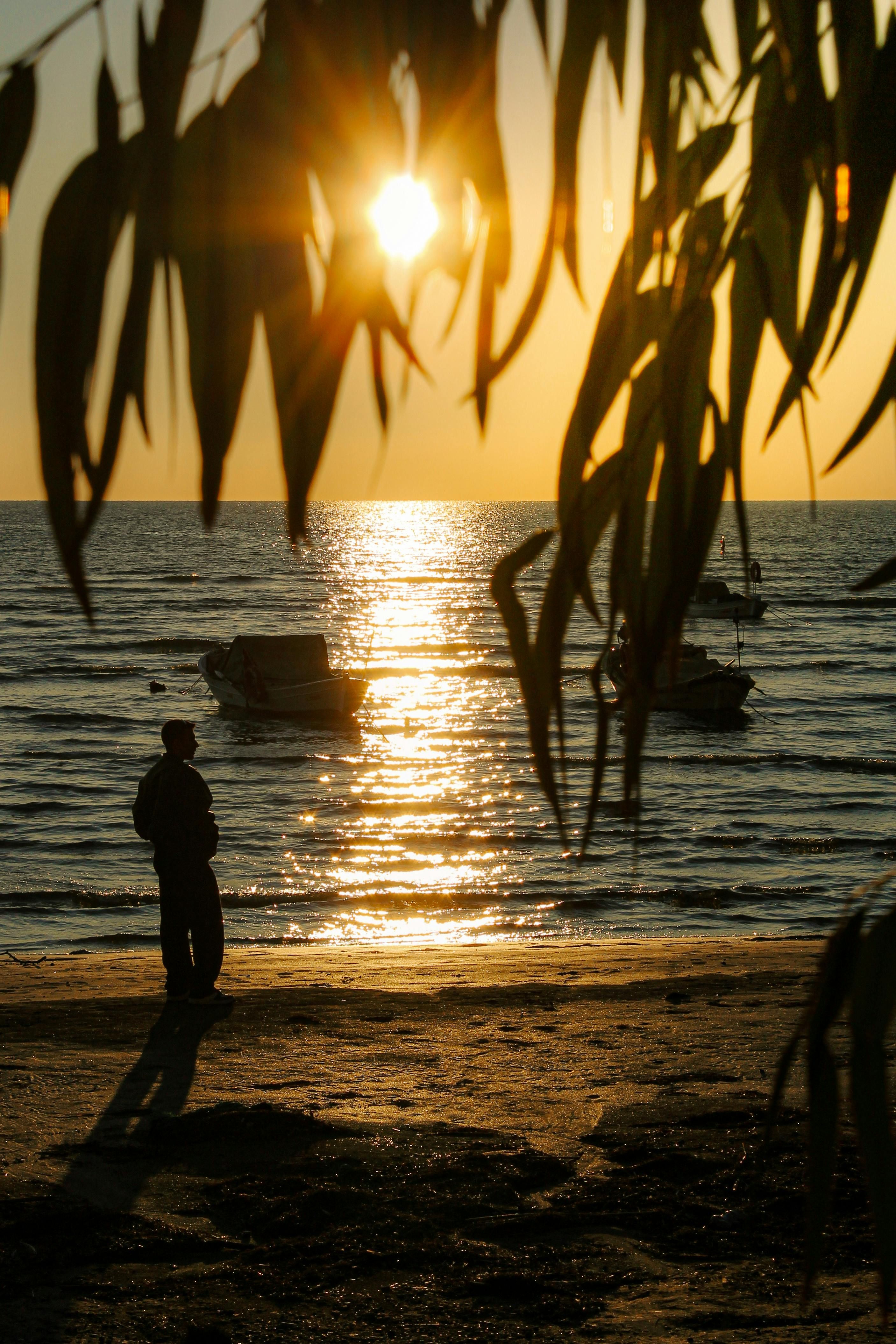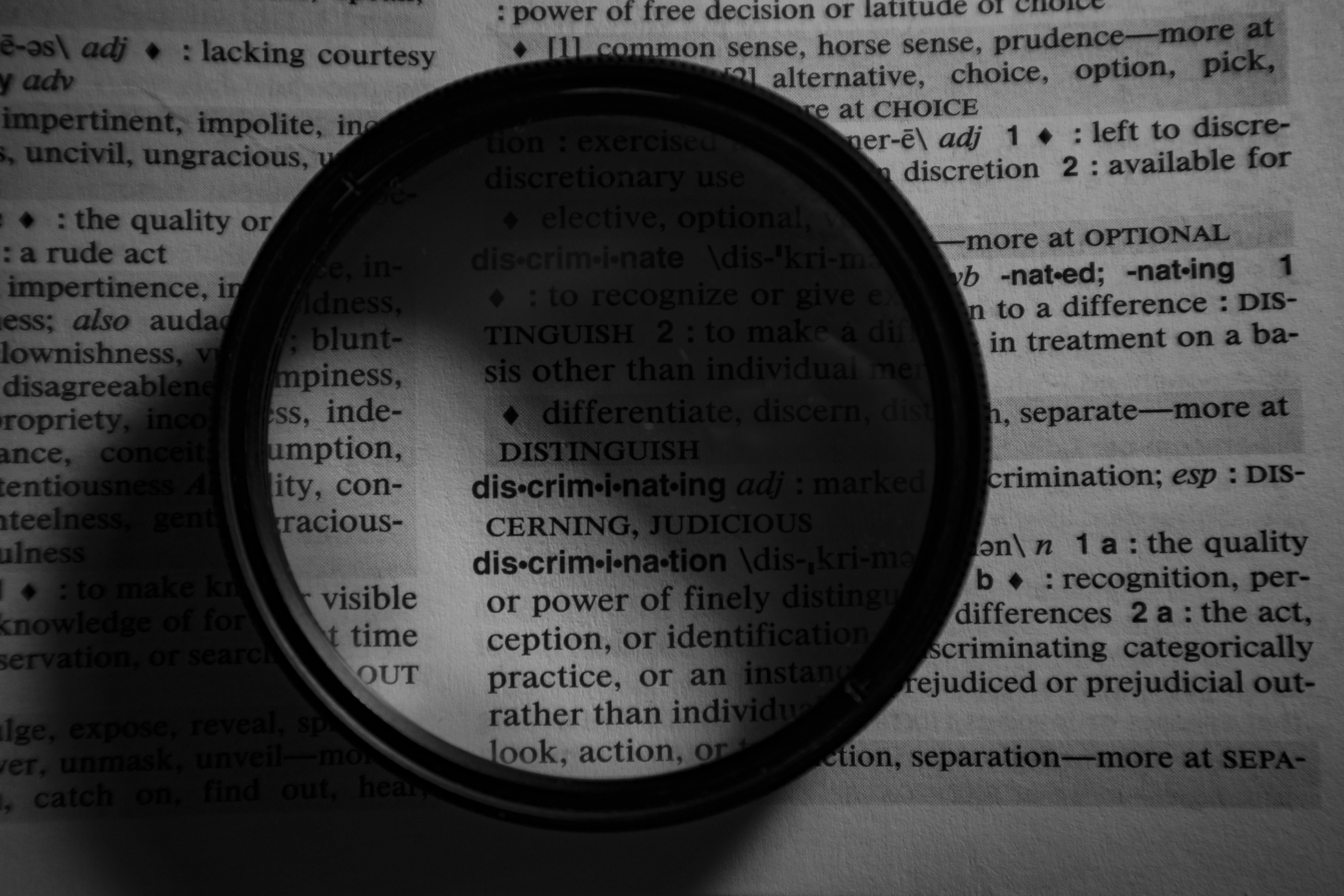Title: Gaza Strip Conflict: Controversy and Criticisms Over Israel's Actions
Human Rights Watch Accusations and Israeli Counterclaims
Recent statements from Human Rights Watch (HRW) criticized Israeli actions in the Gaza Strip, claiming that Israeli forces were deliberately obstructing humanitarian aid, destroying agricultural land, and disregarding the essential needs of civilians. As a response, the Israeli government accused HRW of anti-Semitism and anti-Israeli bias, arguing that the human rights organization had overlooked the attacks by radical Islamic group Hamas against Israeli citizens on October 7, 2023.
October 7 Incident and its Impact
Following the attacks by hundreds of Hamas fighters on Israeli towns on October 7, resulting in over 1140 fatalities and approximately 250 hostage situations, according to Israeli reports, the Israeli army retaliated with bombings and a ground offensive in the Gaza Strip. As a result, the Hamas-controlled Ministry of Health reported around 18,800 casualties.
International Responses and Concerns
EU foreign policy chief, Josep Borrell, expressed his concern over the Israeli military operation in Gaza, stating that the high number of civilian casualties lacked differentiation. He urged an immediate and sustainable humanitarian pause. Meanwhile, the World Health Organization (WHO) accused Israel of de facto destroying a hospital in the Gaza Strip during the military operation.
Enrichment Insights:
- The current crisis in the Gaza Strip between Israel and Hamas has led to a ceasefire agreement, brokered by the United States, Egypt, and Qatar, which was announced on January 15, 2025.
- As part of the initial phase, both Hamas and Israel agreed to release hostages and prisoners, respectively, and Israel lifted its closure of northern Gaza, allowing tens of thousands of Palestinians to return to the area.
- However, concerns remain about subsequent Israeli military offensives in northern Gaza and its adherence to the ceasefire agreement.
Reasons for Israel's Actions and Hamas Responses
The Israeli government has emphasized the need to preserve the country's security concerning the Gaza Strip, with Defense Minister Israel Katz stating that anyone violating the ceasefire or threatening Israeli forces will face severe consequences. Meanwhile, Hamas has stressed its commitment to the welfare of the Palestinians in the region and has accused Israel of not adhering to the agreed terms for releasing the remaining hostages.
United Nations' Involvement
The UN Security Council in New York wanted to discuss the Gaza war again on January 16, 2025, with a draft resolution aiming to secure an immediate and lasting cessation of hostilities.
Continued Challenges and Humanitarian Concerns
Despite the ceasefire effort, ongoing concerns persist about potential military offensives and humanitarian difficulties in the Gaza Strip. Israeli attacks on medical sites, schools, and humanitarian zones have resulted in a surge of diseases like polio in the region. Renewed Israeli offensives in northern Gaza, particularly around the Jabalia refugee camp, to eliminate Hamas militants pose significant threats to civilians in the area.
Implications and Future Perspectives
The current conflict in the Gaza Strip highlights the complex and volatile nature of the dispute between Israel and Hamas, as well as the profound humanitarian concerns that necessitate ongoing international attention and action. The potential for derailment of the ceasefire agreement underscores the need for sustained diplomatic efforts to ensure a lasting peace for both Israelis and Palestinians.








